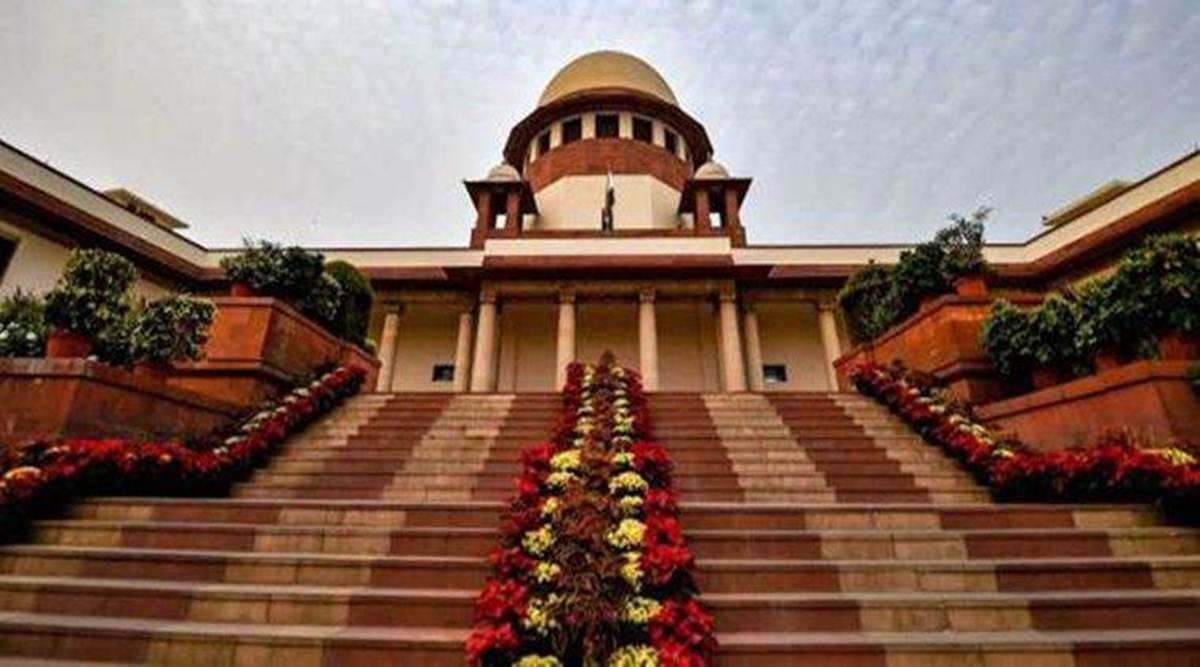Latest News
Case Analysis: Maqbool Hussain vs The State Of Bombay

Petitioner: Maqbool Hussain
Respondent: State of Bombay
Date of Judgement:
17th April, 1953
Bench:
The Hon'ble Chief Justice M. Patanjali Sastri;
The Hon'ble Justice Bijan Kumar Mukherjea;
The Hon'ble Justice Sudhi Ranjan Das;
The Hon'ble Justice Ghulam Hasan
Introduction:
The Prosecution principle being a procedural defense prohibits a Defendant from being tried twice for the identical crime for the identical set of facts. It refers to the concept that, it's wrong for a person to be subjected twice, once to the danger of being punished for a criminal offense. The roots of the Prosecution Doctrine will be found within the well-established maxim of English Common Law, "Nemo debit bis vexari", which implies that a person mustn't be convicted twice for an identical crime.
In Common Law, a Defendant can plead guilty to "autrefois acquit" and "autrefois convict" (imperative grounds), which suggests that the Defendant has been acquitted or convicted of the identical crime. If this problem arises, the evidence is going to be presented to the Court, which can normally rule as a preliminary matter if the statement is upheld and if so, the projected Trial cannot continue. In light of the aforesaid statements, the current case analysis deals with the judgment of Maqbool Hussain v. State of Bombay, wherein the concept of the prosecution was discussed.
Facts:
The Petitioner, a citizen of India, came across Bombay’s Santa Cruz airport from Jeddah on the 6th of November 1949. On landing, he didn't declare that he had brought with him 107.2 tolas of gold, but upon searching, was found in contravention of the notification of the govt of India dated August 25, 1948. The Customs Authorities confiscated the gold under Article 167, clause (8), of the Sea Customs Act VIII of 1878. However, the gold owner had an alternative of paying a fine of 12,000 rupees, which was to be exercised within four months after the date of the order. On the 30th of January 1950, the order copy was sent to the Appellant, nobody came forward to redeem the gold. The Court on 26th of November 1952 ordered, the plea to be heard by the Bank of the Constitution together with Criminal Appeal No. 81 of 1952 since the identical point was also committed regard to “autrefois convict" or "double jeopardy”.
Issues:
• Whether the Plea has violated Article 20(2) of the Indian constitution and will be raised?
• Whether the jail superintendent is punished for his acts as reported by the Petitioner?
Arguments by parties :
Petitioners:
• The Counsel of the Appellant argued that the second prosecution of his client violated Article 20 (2) of the constitution because it was for the identical offense.
• They further contended that the procedures adopted by the Superintendent of the Jail against them were tantamount to prosecution and punishment for the identical offense which, therefore it led to the prosecution and violating the elemental right bound to them under Article 20 (2) of the Constitution.
• The Petitioners further urged that under Sections 45, 46, and 52 of the Prisons Act (9 of 1894), the Superintendent of Jail was in an authority established to act judicially to analyze and prosecute prisoners for similar crimes and detention under the Punjab Communist Detention Rules, 1950, which were placed within the same category as civilian prisoners and therefore the superintendent is guilty of not following the identical.
Respondents:
• In reply the Respondent advocate contended that the Punjab Communist Detenus Rules, 1950, maybe a self-contained code and also the sections of the Prisons Act, 1894, had no application within the present case. The proceedings taken before the Jail Superintendent within the present case weren't judicial and there was no prosecution and punishment of the Petitioners under the ambit of Article 20(2) of the Constitution.
• They further argued that that the Jail Superintendent took disciplinary action against the Petitioners. This was well within the meaning of Section 4(a) of the Act and also the Punjab Communist Detenus Rules, 1950 and hence there was no prosecution and punishment of the Petitioners within the meaning of Article 20(2) of the Constitution.
Judgment:
After hearing both the parties the Court ruled that the Sea Customs Authorities don't seem to be a judicial Tribunal and adjudging by it of the confiscation, increased rate of duty or penalty under the provisions of the Sea Customs Act don't constitute a judgment or order of a Court or judicial Tribunal necessary for supporting the Plea of Prosecution.
The Court further ruled that it's clear that so as that the protection of Art. 20 (2) to be invoked by a citizen there must are prosecution and punishment concerning the identical offense committed by the identical person before a Court of law. The very wording of Article 20 of the Constitution and therefore the words used therein would indicate that the proceedings therein contemplated are of the character of criminal proceedings before a Court of law or a judicial Tribunal and also the prosecution during this context would mean an initiation or start of proceedings of a criminal nature before a Court of law or a judicial Tribunal following the procedure prescribed within the statute which creates the offense and controlled the procedure.
Document:



































































































